HACCP Training for: Blender Gasket Maintenance
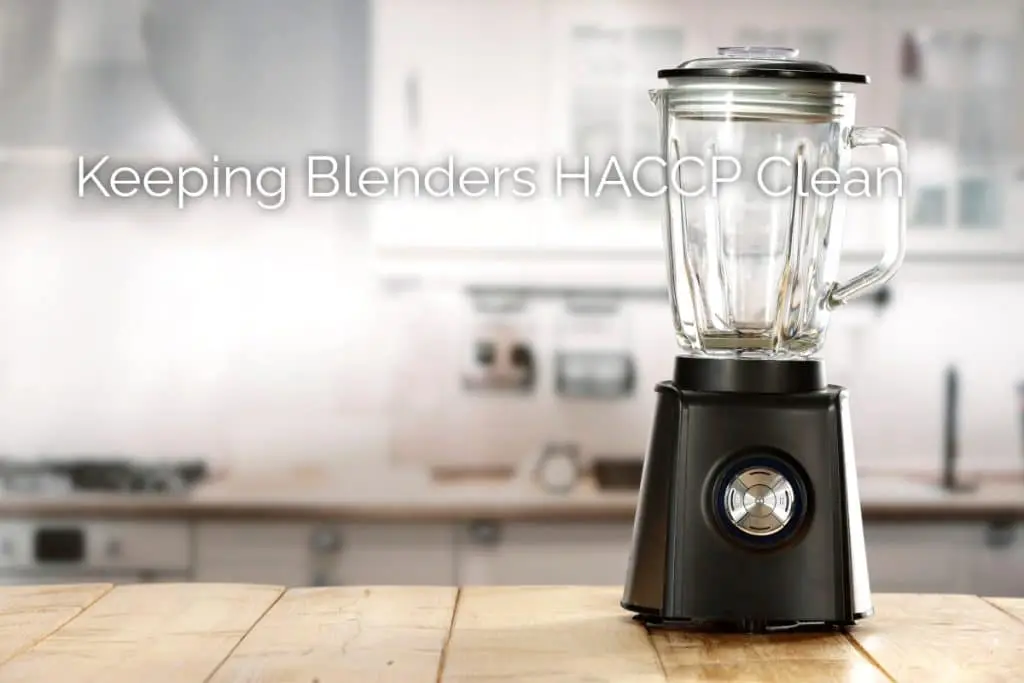
Blender gaskets can potentially pose a risk if not properly cleaned and maintained. While they are not inherently dangerous, neglecting proper cleaning and sanitation of blender gaskets can lead to foodborne threats and compromise kitchen hygiene. Here are a few reasons why blender gaskets can become problematic if not handled correctly: 1. Bacterial growth: Blender […]
HACCP is Climate Friendly
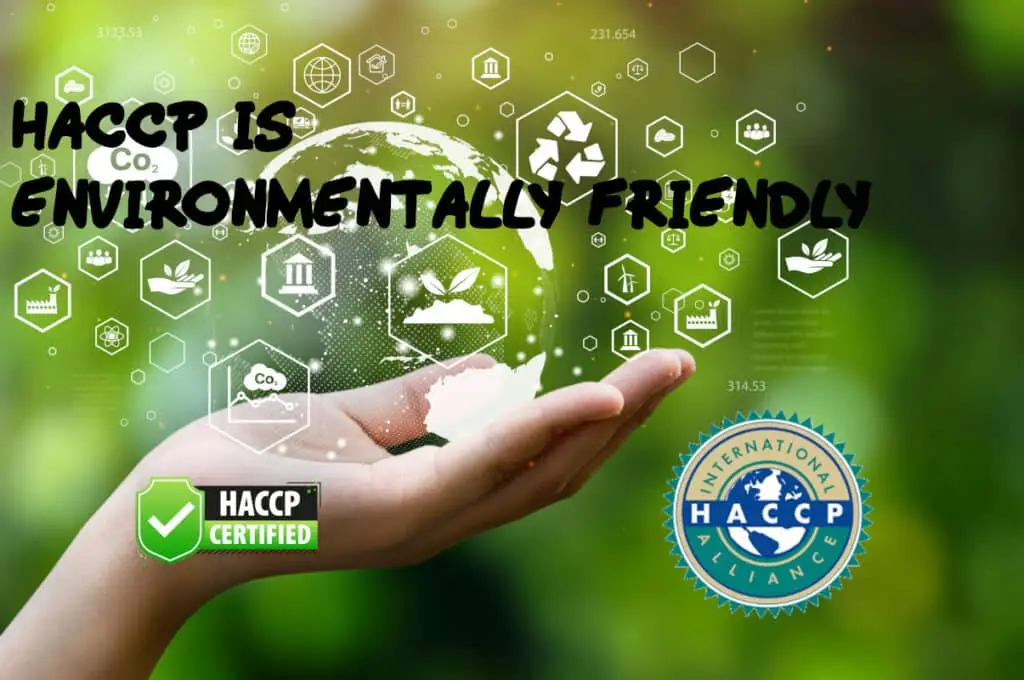
HACCP (Hazard Analysis and Critical Control Points) is a food safety management system that is designed to identify and control potential hazards in food production processes. While HACCP may not directly address climate change, it can play a role in reducing the environmental impact of food production, which is a major contributor to climate change. […]
HACCP and the BRC Scheme
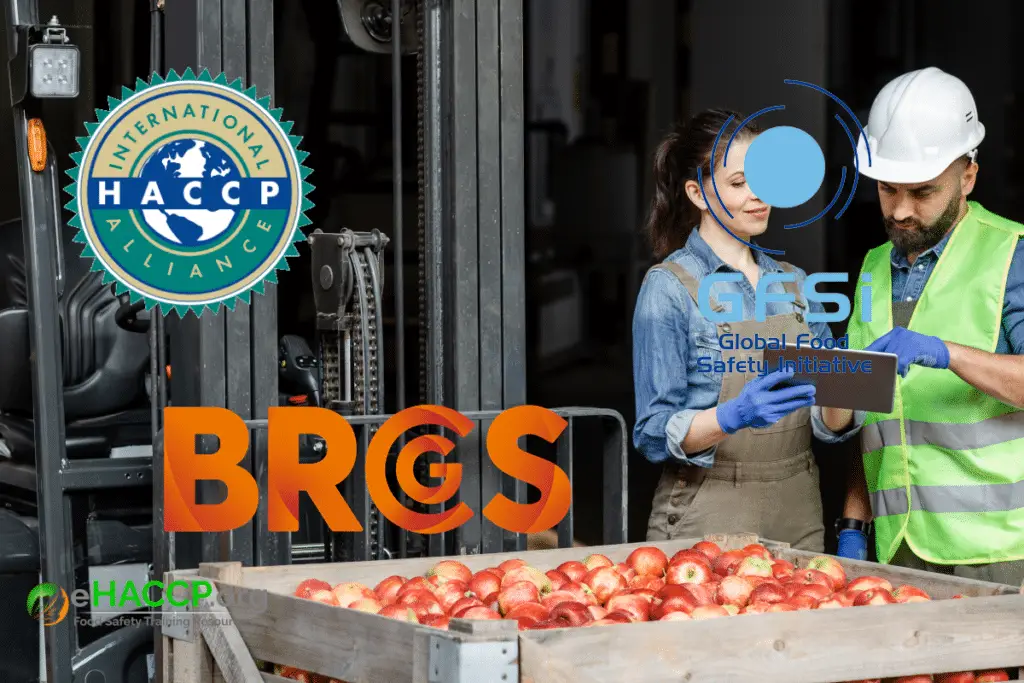
HACCP is a requirement under BRC. Being HAACP certified is a preliminary step that cannot be overlooked. BRC is a Global Food Safety Initiative (GFSI) benchmarked food safety standard covering food safety and management of product quality in food packing and processing operations.
Personal HACCP Certification vs. Facility HACCP Certification
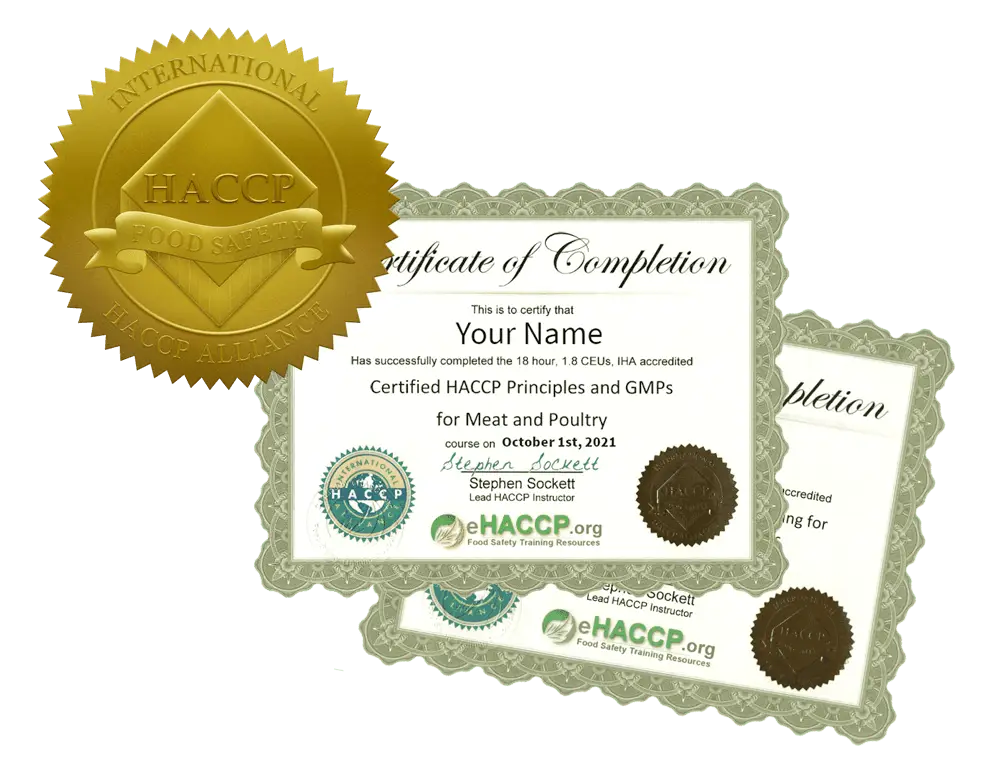
In today’s world of sensitive consumer needs for food safety, it is imperative that a food manufacturing facility (and brand) obtain a HACCP certification, at minimum. Implementing a HACCP food safety system and gaining HACCP certification may the gateway to growth in business opportunities (new clients), demonstrating food safety commitment, and solidifying the viability of […]
Who can create a HACCP plan and implement a HACCP system?

A HACCP Team can be defined as a group of people who have adequate skills and knowledge applicable to the development and implementation of a HACCP-based food safety program.
Who Should Get HACCP Trained and Certified?
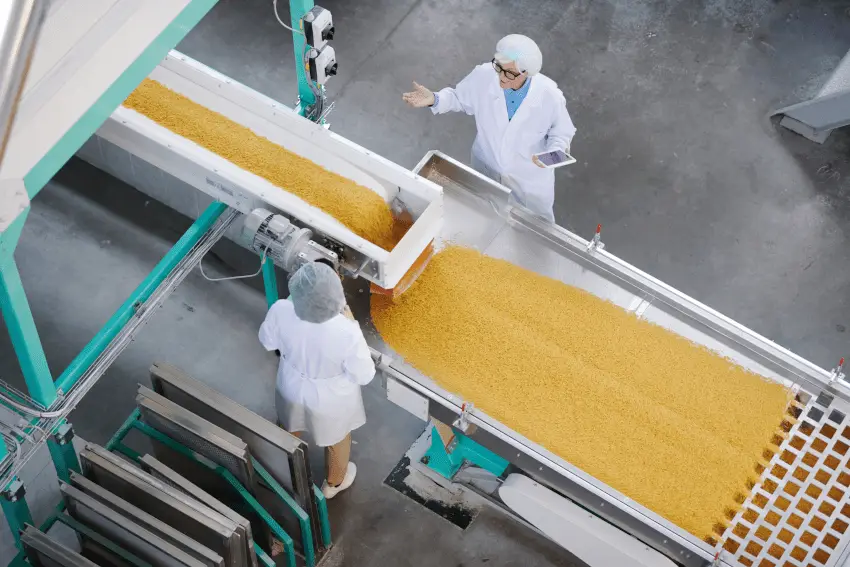
HACCP training and certification is recommended for anyone involved in the production, processing, packaging, storage, or distribution of food. This includes, but is not limited…
How Much Does HACCP Cost?

The initial cost of implementing HACCP can range from a few thousand dollars for a small business to tens of thousands of dollars for a large, complex operation.
How to Create a HACCP Plan
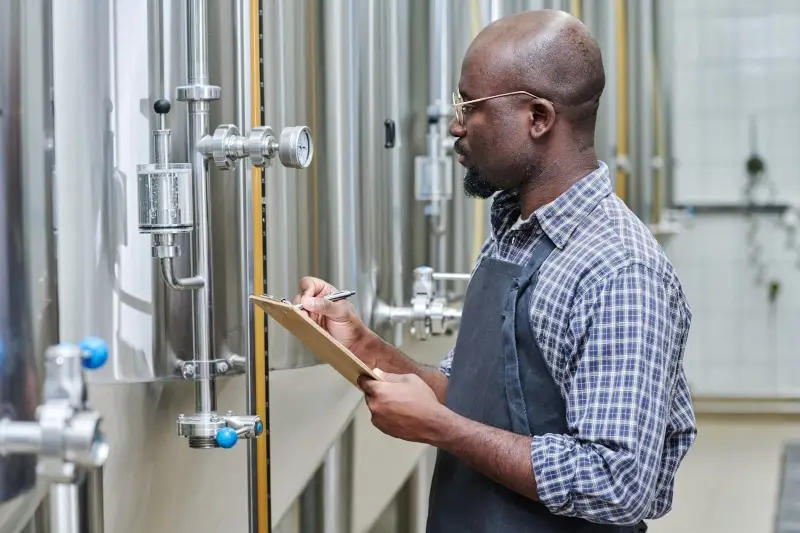
Conduct a hazard analysis: Identify potential physical, chemical, and biological hazards that could occur at each step of the food production or processing process.
Determine the critical control points (CCPs): These are points in the process where a hazard can be prevented, eliminated, or reduced to an acceptable level
What is a Foodborne Hazards?
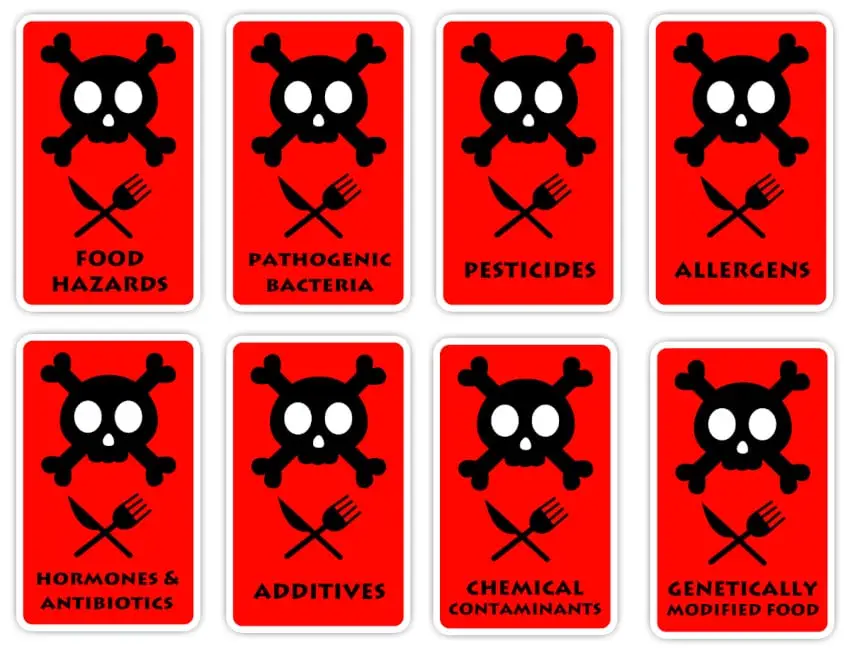
A foodborne hazard is any biological, chemical, or physical agent that is present in food and has the potential to cause harm to human health.
Can I use HACCP at Home?

HACCP is typically used in commercial food production and preparation, but the principles of HACCP can be applied to home food safety as well. The goal of HACCP is to identify and control potential hazards in the food production and preparation process in order to ensure the safety of the food. While the specific steps of HACCP may need to be adapted for use in a home kitchen, the basic principles can still be applied.

